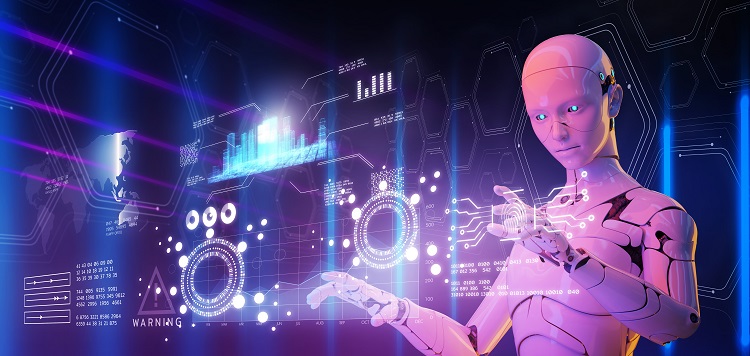Artificial intelligence (AI) is acknowledged as a potent technology for businesses seeking to enhance their operations, decision-making, and customer experiences. Nevertheless, numerous organizations have found it difficult to obtain tangible value from their AI investments. To tackle this challenge, DataRobot, an AI platform provider, has unveiled its latest AI platform, version 9.0, which aims to help companies solve real-world business problems and attain significant business outcomes from their AI investments.
Workbench: A User Experience That Supports Both Code-First and No-Code Approaches
One of the key features of DataRobot’s new AI platform is Workbench, a user-friendly experience that supports both code-first and no-code approaches. Workbench allows data scientists and other users to work with the platform in a way that is most comfortable and efficient for them. For code-first users, they can write code in their preferred language, while for no-code users, they can easily build models through a graphical interface.
Bridging the Gap Between Vision and Value: How DataRobot Aims to Assist Customers
DataRobot’s vision is to assist customers in bridging “the last-mile gap” from their vision to value. This implies that the company is dedicated to providing not only technology but also support and services to assist customers in achieving their AI objectives. With the new platform, customers can benefit from AI accelerators and partner integrations that expedite their AI journey.
The DataRobot AI platform for single-tenant SaaS is now available on AWS, Google Cloud, and Microsoft Azure
DataRobot has made its AI Platform Single-Tenant SaaS available on AWS, Google Cloud, and Microsoft Azure to provide flexibility and accessibility to its customers. This allows customers to choose the cloud provider that best suits their needs and easily integrate the platform with their existing IT infrastructure.
Red Hat OpenShift Offers Support for Faster Installations and Deployments
DataRobot has recently added support for Red Hat OpenShift, which is a container application platform that facilitates customers with faster installations and deployments that can easily integrate with their existing enterprise IT investments. This support becomes extremely significant for customers operating in regulated industries or those that have strict IT governance rules.
Integrating Microsoft Azure OpenAI Service for Generative AI Technology
DataRobot is integrating Microsoft Azure’s OpenAI Service generative AI technology to modernize its code-first notebook experience, enabling assisted code generation for experimentation. This integration offers users additional tools and capabilities to construct, train, and implement advanced AI models.
The CEO’s vision is to utilize AI and ML technologies to address real-life business challenges
DataRobot’s CEO, Dan Wright, has always been passionate about using AI and machine learning (ML) to solve real-life business problems. This philosophy is reflected in the company’s latest platform, which is specifically designed to help customers tackle their most pressing business challenges with the help of AI and ML.
The DataRobot platform is an end-to-end AI solution created by data scientists for data scientists
It is important to note that DataRobot’s new platform is specifically built for data scientists, by data scientists. This means that the platform has been designed with the needs and preferences of data scientists in mind. From the user experience in Workbench to the powerful AI accelerators and partner integrations, DataRobot has created a platform that is intuitive, comprehensive, and flexible.
In conclusion, DataRobot’s new AI platform 9.0 is a powerful tool for businesses seeking to harness the power of AI and ML to drive transformational change. With its inclusive features such as Workbench, AI accelerators, partner integrations, and flexible cloud deployment options, DataRobot has created a platform that supports both code-first and no-code approaches, helping clients effectively bridge the gap from vision to value. By utilizing AI and ML to solve everyday business challenges, companies can achieve measurably significant value and gain a competitive edge in their industries.

